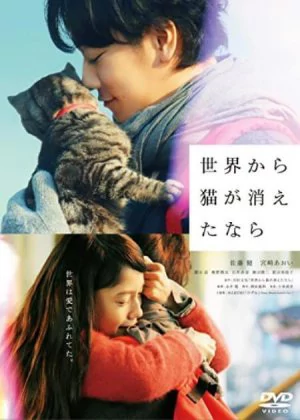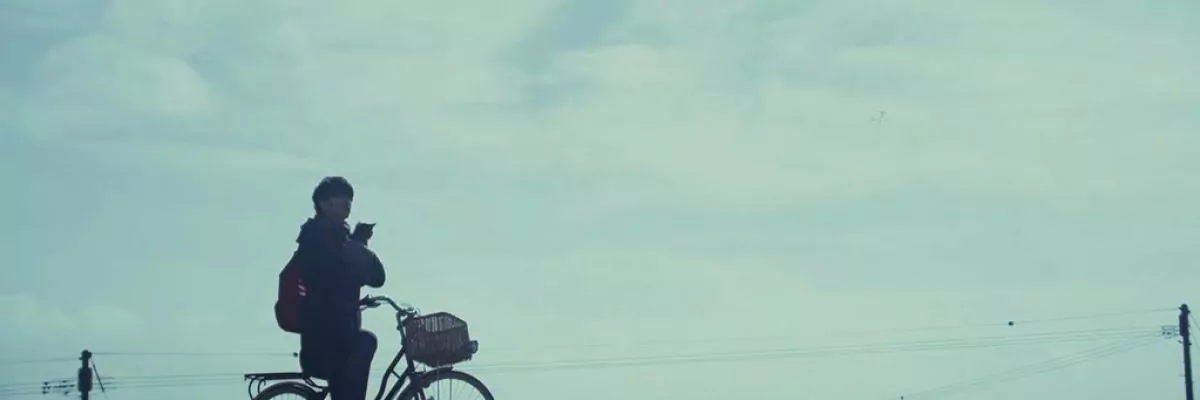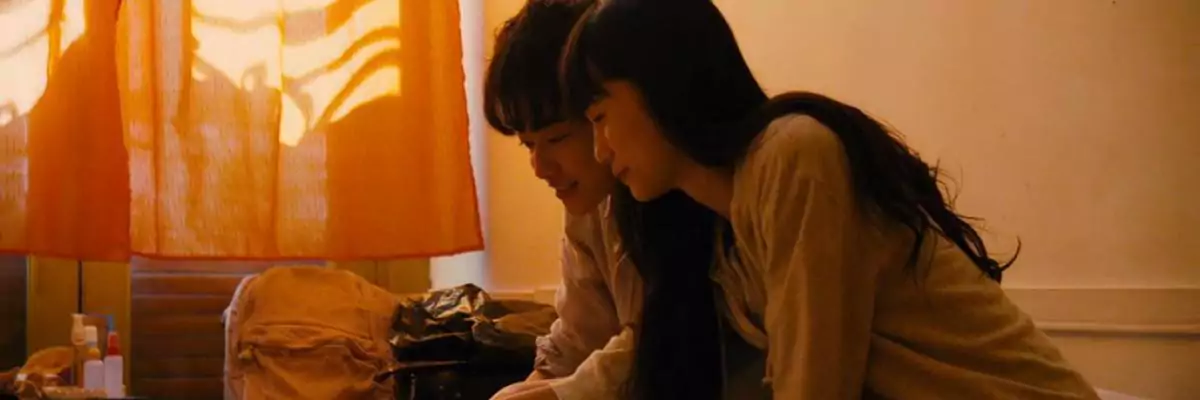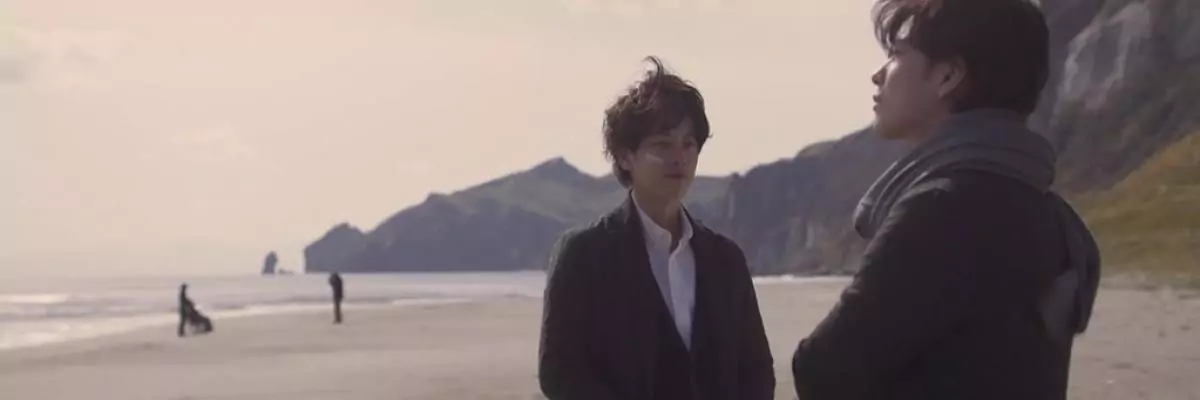If Cats Disappeared from the World
Movie details

There's a clear lack of original films in Japanese cinema nowadays, but at least they have a stash of original novels and mangas that serve as good source material for their movies. Sekai Kara Neko ga Kietanara [If Cats Disappeared from the World] is the latest in a very long list of novels making the journey to the silver screen. Akira Nagai was chosen to direct and does a pretty great job, despite the obvious hurdles that come with heading an adaptation.

If you're looking around for the trailer you might run into one that starts with a selection of sobbing Japanese girls sitting in a full theatre. It's the romantic equivalent of a horror flick trailer showing footage of screaming and quivering people watching the film. While not all that surprising (after all, cats will be disappearing), it's a good example of smart marketing as the actual amount of sob-inducing moments is actually quite limited. If Cats Disappeared from the World is more drama with a fantastical note than it is a full-blown tearjerker.
The premise is pretty smart and feels a little like a modern interpretation of Capra's It's a Wonderful Life. The film explores what would happen when certain inconsequential-looking items were to be completely erased from this world. The feel-good nature of the film prohibits it from becoming too introspective or philosophical, but within the boundaries of its own limitations it does a commendable job of adding the appropriate weight to its premise.
The film follows a young postman who, quite out of the blue, finds himself diagnosed with a brain tumor. When he returns home his guardian angel is waiting for him with a peculiar proposition. He is allowed to live on, but for every extra day he stays alive something must disappear from this world. Unable to leave his old life behind, he reluctantly accepts. It doesn't take too long though before he realises that even the most insignificant objects have dear memories connected to them.

Light plays a big part in the visual appeal of the film. The camera work is what you'd expect from a drama like this. Excellent framing, slow movements and gentle editing, all in all very pleasant but nothing too exceptional. Lighting and color on the other hand add a lot of atmosphere. From the fine, icy winter sun covering Hokkaido to the warm, summery vibes in Buenos Aires, every part of the film has its own distinct character and tone, though all in sync with the film's overarching style.
The score is a tad more present compared to other Japanese dramas. I guess it has to do with the scope of the project, as it does make the film a bit more accessible. It's never overbearing or too sentimental though, finding a nice balance between subtlety and out in the open emotion. It's not the kind of score you're going to think back on fondly once the film is over, but it's good enough for its intended purpose.
Takeru Sato was cast for the lead role, not too surprising if you saw him in the recent Rurouni Kenshin live action trilogy. He has the right profile for the part and he does a commendable job. He's assisted by some first-class secondary actors, namely Aoi Miyazaki, Eiji Okuda and Gaku Hamada (he's a bit of a strange one but has been making a name for himself recently). The cast is pretty much impeccable, though the film's focus on style and plot is bigger than the need for superb performances.

After a short intro explaining the premise, the film runs through four segments, one object disappearing per segment. Through each segment we get a bit of info on our protagonist's past life and how these various objects have affected his life and relationships. There's a small twist at the end that might not sit too well with those looking for a more serious treatment of the material, but it does fit the tone of the film and it comes as a nice antidote to the more dramatic moments during the finale.
If Cats Disappeared from the World is a film that aptly blends the more serious elements of Japanese drama with some fantastical touches and a slightly more accessible front, without going full commercial tearjerker. It reminded me a little of Boku to Tsuma no 1778 no Monogatari, though the established source material of this film will be sure to open it up to a much wider audience (at least in Japan). All in all, it's a fine entry into the Japanese drama genre if you're unfamiliar with it. No obvious weak points, some original touches and a very agreeable atmosphere.